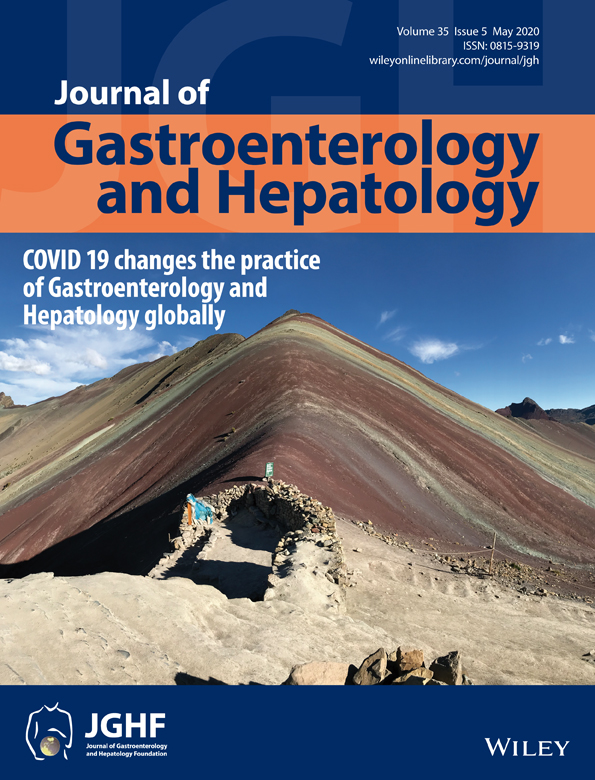Hepatobiliary and Pancreatic: Early palliative care referral in patients with end-stage liver disease is associated with reduced resource utilization
Abstract
Background and Aims
Palliative care referral for end-stage liver disease (ESLD) is uncommon and usually occurs late. We aimed to review the rate of early palliative care referral (EPCR) in ESLD patients, its associations, and its impacts on resource utilization and survival.
Methods
A retrospective review of all patients with ESLD admitted to a single Hepatology Unit between 2013 and 2016. Inclusion criteria for study entry were at least two admissions for decompensated liver disease within a 6-month period and not eligible for liver transplantation. The EPCR group was defined as those patients who received palliative care referral at least 30 days prior to mortality.
Results
A total of 74 patients were included in the study. EPCR rate was 19%. On multivariate analysis, EPCR was associated with hepatocellular carcinoma (OR 4.47, 95% CI 1.02–19.5, P = 0.047) and negatively associated with alcoholic liver disease (OR 0.16, 95% CI 0.032–0.88 P = 0.035). There was no difference in survival based on EPCR status. Hospitalization costs were lower in the EPCR group (P = 0.027). There was also a significantly lower number of endoscopies (P = 0.009) and blood transfusions (P = 0.001) in the EPCR group. EPCR was also associated with higher rates of outpatient palliative care and advanced care planning.
Conclusions
EPCR in ESLD was uncommon and associated with hepatocellular carcinoma and lack of alcoholic liver disease. EPCR was associated with decreased resource utilization and further high quality studies are required to confirm the benefits of EPCR in ESLD.




